Zabihullah Mujahid, the Taliban’s chief spokesman, is rarely seen sitting across from a woman, let alone agreeing to a long, unscripted interview.
But on a recent cold morning in Afghanistan’s capital, Kabul, he and I sat down in the Taliban’s…
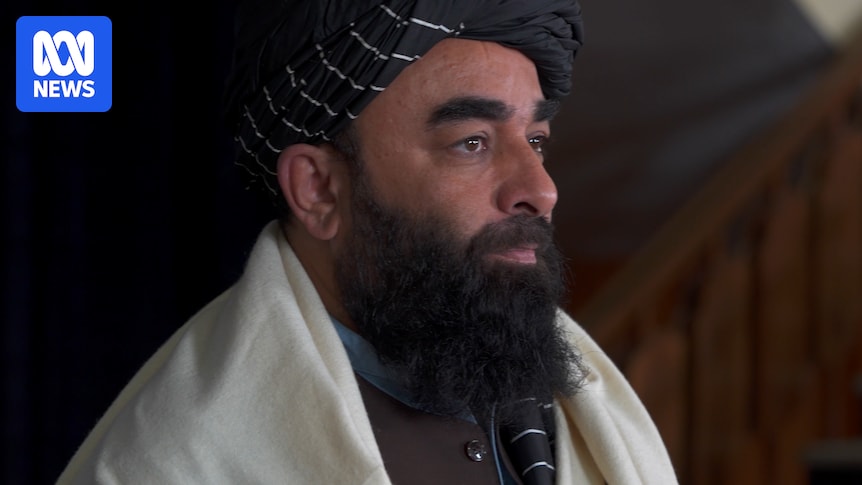
Zabihullah Mujahid, the Taliban’s chief spokesman, is rarely seen sitting across from a woman, let alone agreeing to a long, unscripted interview.
But on a recent cold morning in Afghanistan’s capital, Kabul, he and I sat down in the Taliban’s…
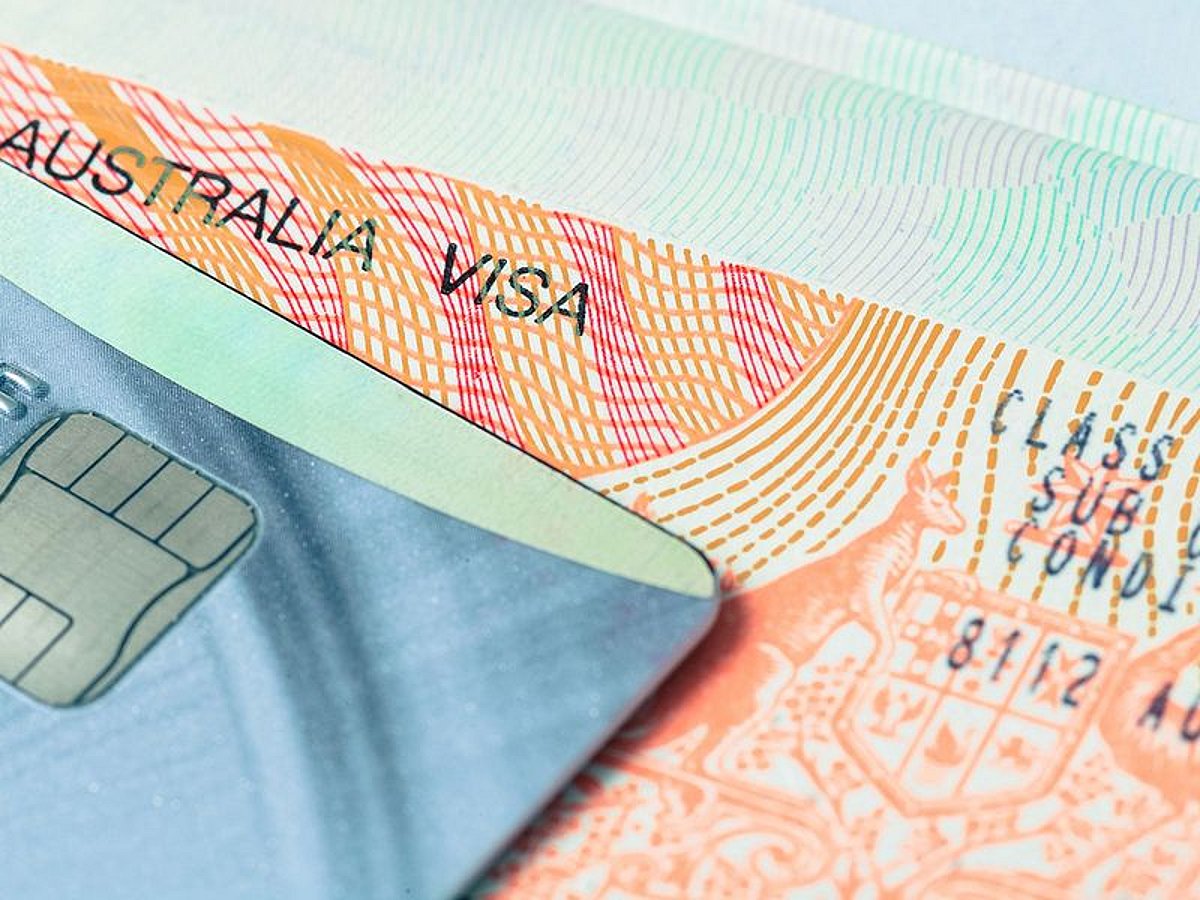
The four South-Asian nations were shifted from Evidence Level 2 to Evidence Level 3 in what former Immigration Department deputy secretary Dr Abul Rizvi called a “highly unusual” out-of-cycle change….
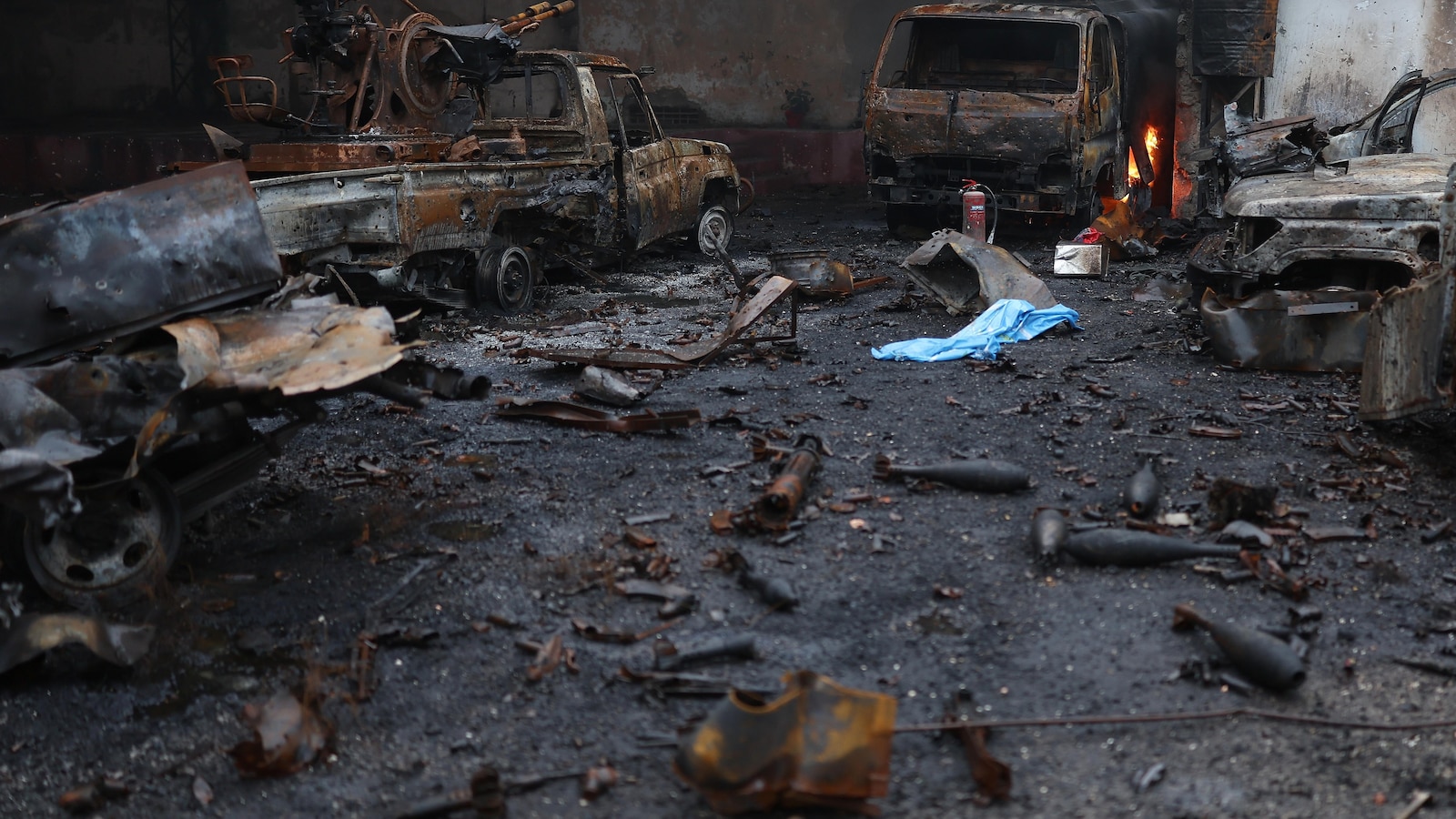
ALEPPO, Syria — Residents started returning Sunday to a contested neighborhood in Syria’s northern city of Aleppo after days of deadly clashes between government forces and Kurdish-led forces. First responders entered to tend to residents,…
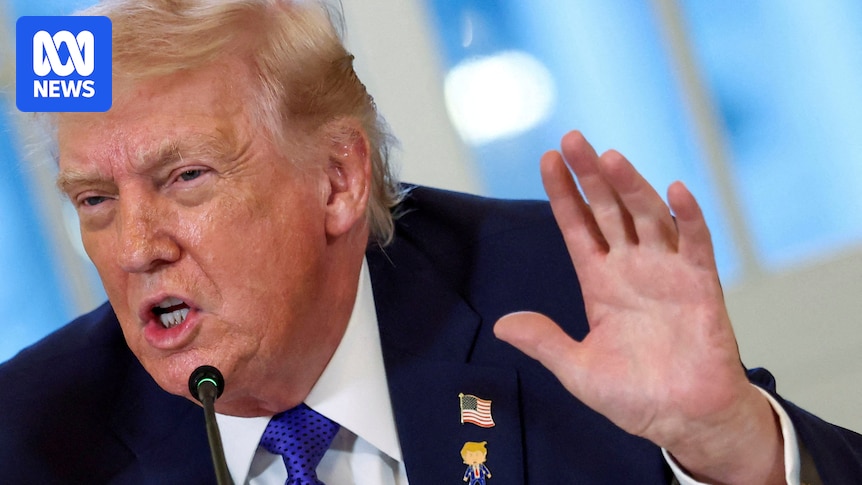
US President Donald Trump says no more Venezuelan oil or money will enter Cuba unless the communist-run island strikes a deal with Washington, ramping up pressure on the long-time Washington nemesis and provoking defiant words from the island’s…
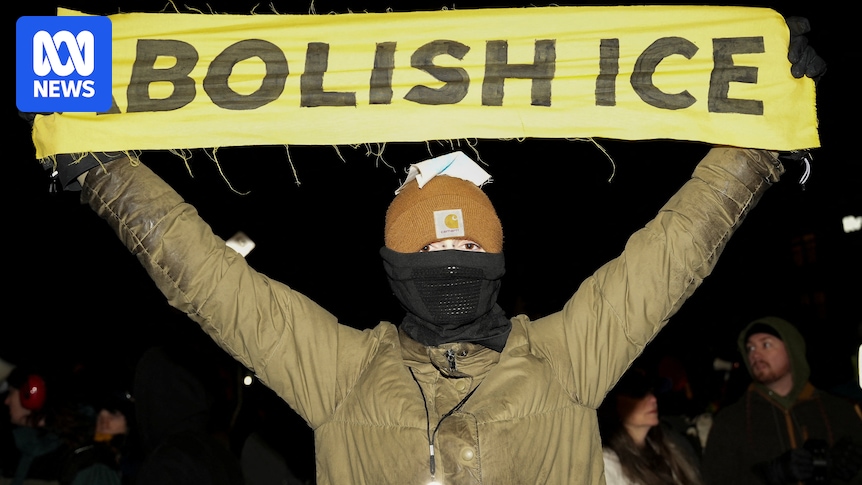
Somali woman Fathmo Hassan has barely left her Minneapolis home in weeks.
But with homemade sambusas and canisters of coffee ready to be dispensed, she stepped out into the pale winter day and headed to the suburban street where mourners were…
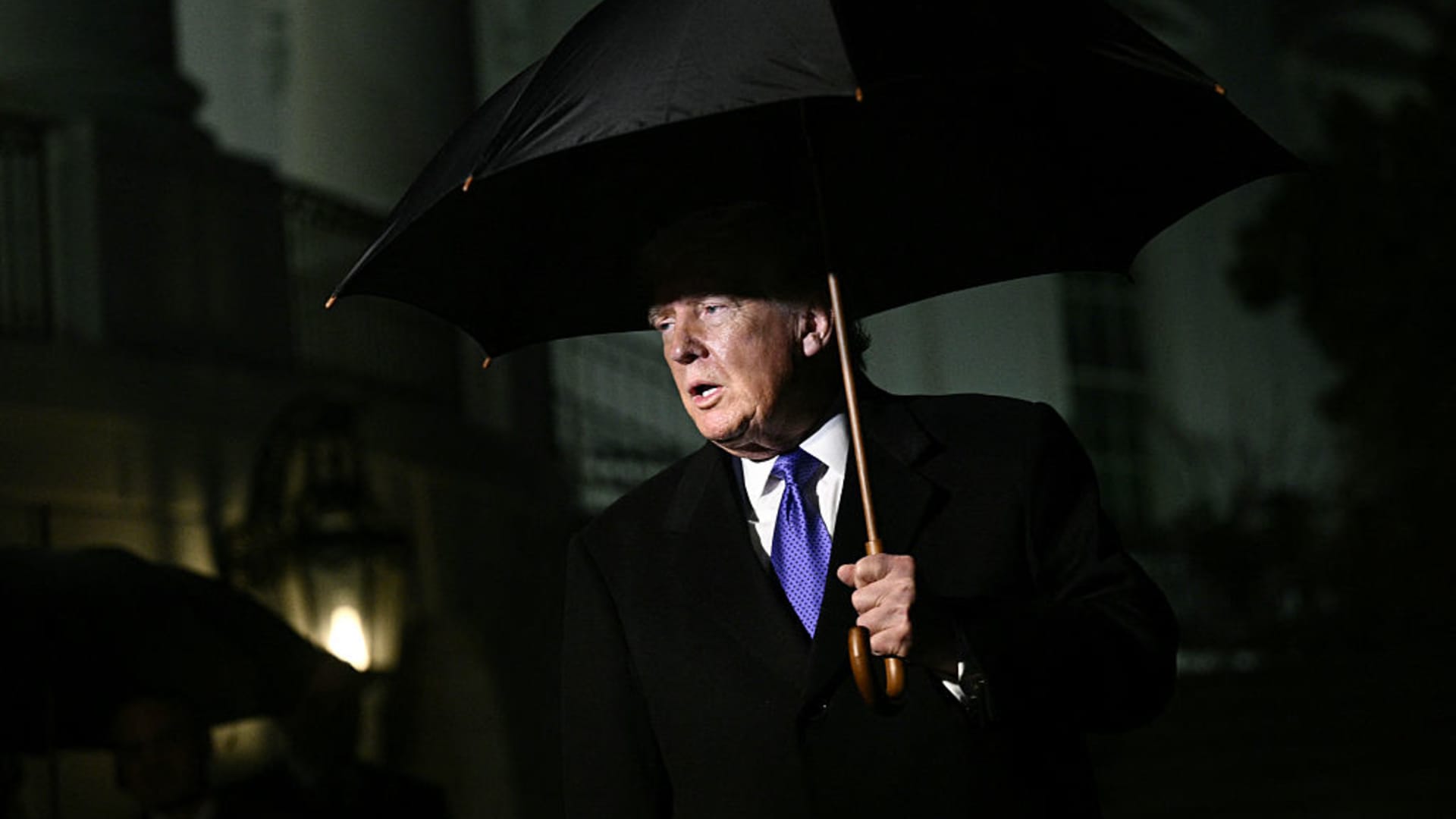
US President Donald Trump speaks to reporters as he departs from the South Lawn of the White House in Washington, DC, on Jan. 9, 2026.
Brendan Smialowski | AFP | Getty Images
President Donald Trump is weighing options to take action against Iran,…
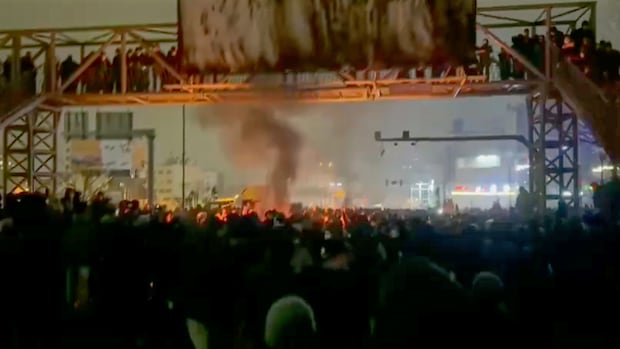
A crackdown on nationwide protests in Iran has killed at least 538 people and even more are feared dead, activists said Sunday, while Tehran warned that the U.S. military and Israel would be “legitimate targets” if America uses force to protect…

WASHINGTON (AP) — The U.S. has launched another round of retaliatory strikes against the Islamic State group in Syria following last month’s ambush that killed two U.S. soldiers and one American civilian interpreter in…